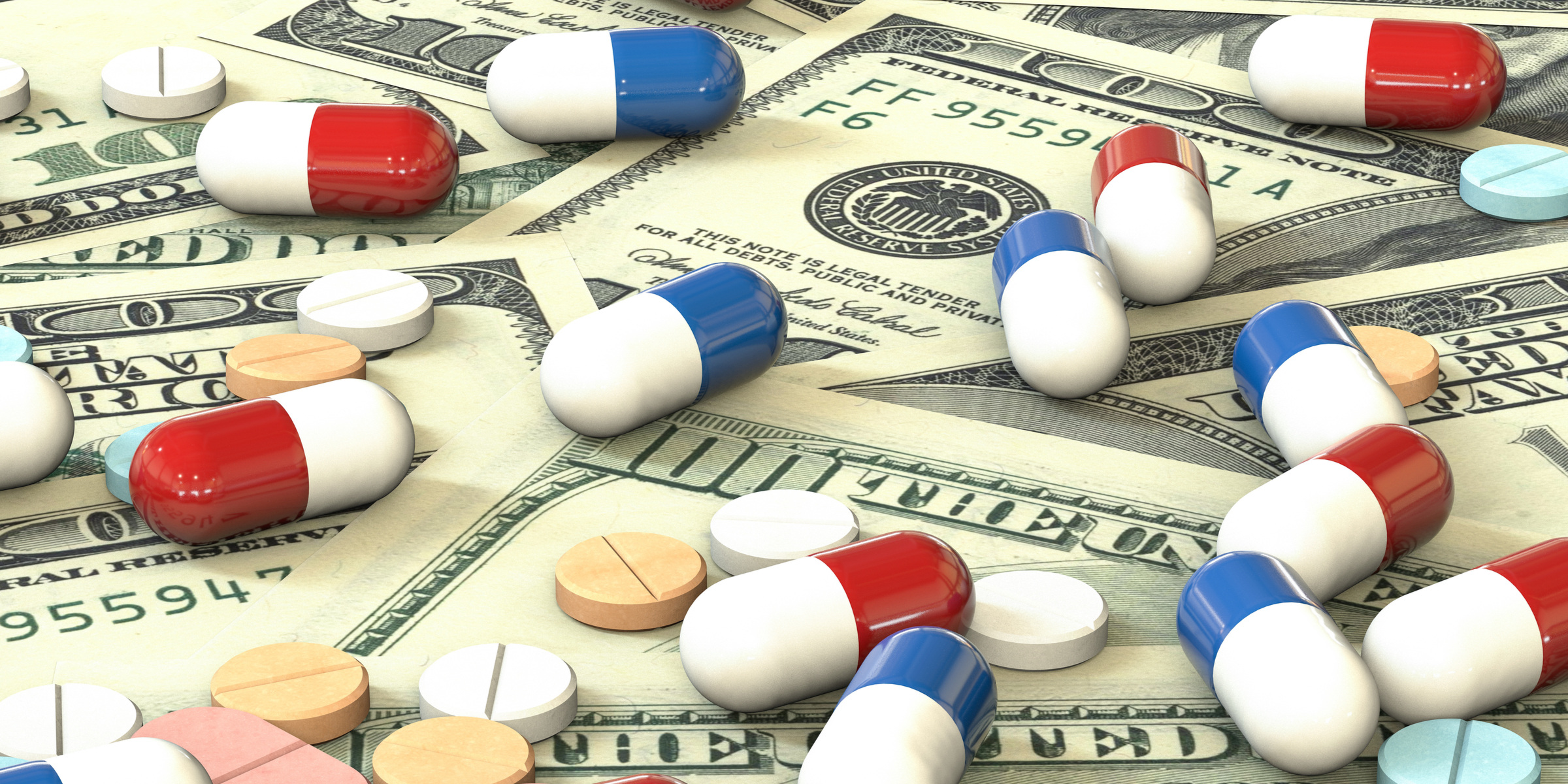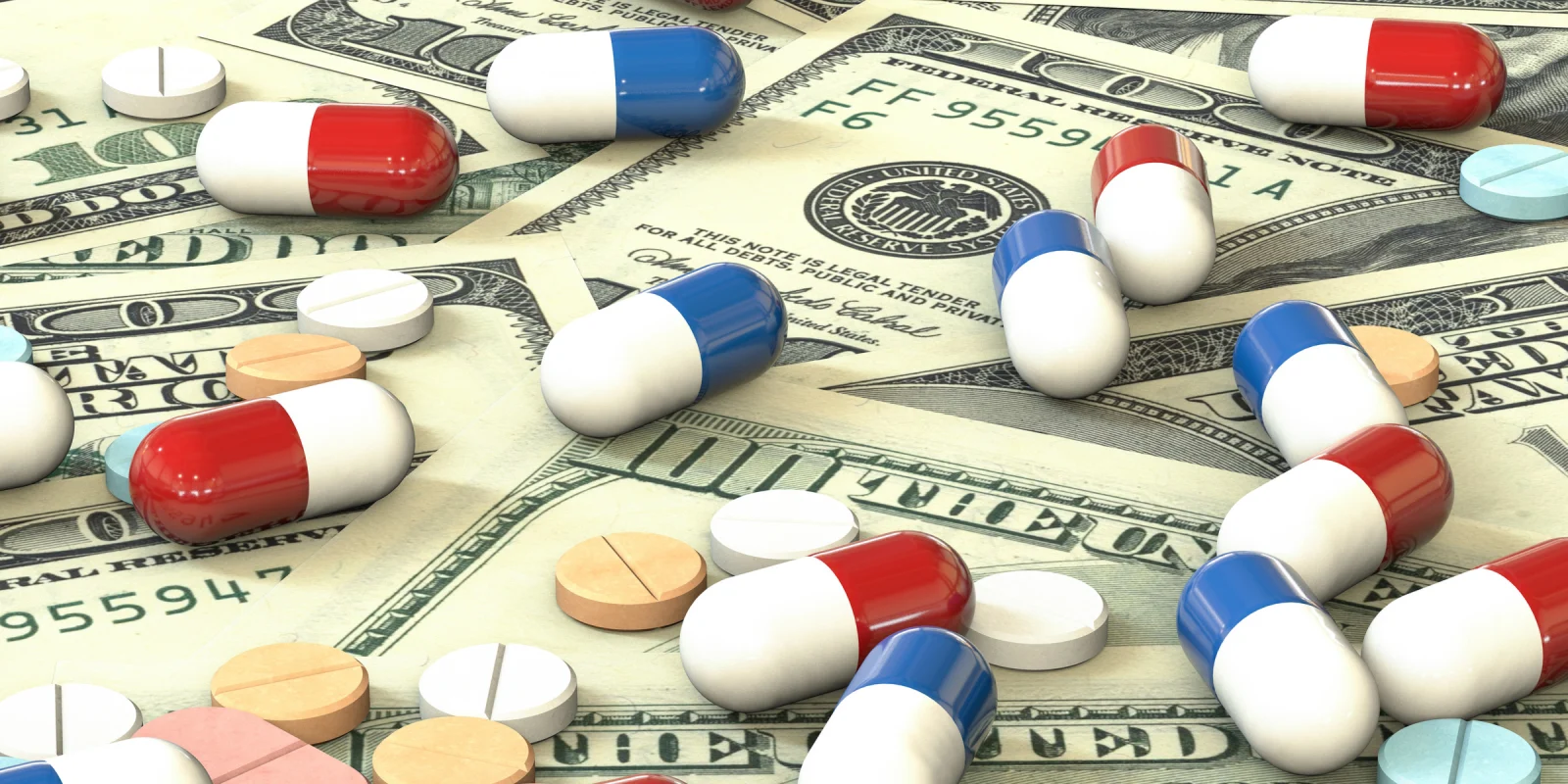
The generic drug pricing mess is touching more and more of our patient’s lives and costing all of us billions. Now, one in five patients can no longer afford their generic medication, and another one in five are finding that their insurance copays exceed cash coupon prices. A search of any of the prescription drug price comparison websites reveals bizarre and markedly varying prices for the same generic drug. Yet recent surveys have shown that 86% of patients felt their insurance company would offer them the best price and that 67% of patients were not aware of prescription drug price comparison websites. Little wonder that over 90% of the American electorate has expressed concern over rising drug prices, many of whom are beginning to suspect that prescription drug prices are broken and corrupt. Now, profiteering of the allegedly lower cost and most affordable generic drugs is making an unnecessary and worrisome contribution to this problem.
Our vital stockpile of 10,000 generic drugs now fills 90% of the nearly six billion prescriptions that we write each year, and it is being targeted selectively by profiteers. Generic drugs are nearly all easy to manufacture, not manufactured by the developers of new brand drugs (the Pharmaceutical Research and Manufacturers of America), and crucial to treating our patients in the most cost-efficient manner. We are the ones who write the prescriptions and deal with these issues daily, while our patients only have episodic exposure to these problems. Patients may not fully understand, first, the importance of the generic drug stockpile that contains many decades of pharmaceutical treatment advances and, second, the key differences between generic and new brand drugs. But most physicians do.
It's incumbent on us, therefore, to critically examine how the pricing of these essential generic drugs is manipulated by the large corporations that manufacture, distribute, and reimburse them. I call those corporations the generic drug-industrial complex because, after careful independent study, it's apparent to me that they collectively contribute to the problems in generic drug pricing and, in my judgment, generic drugs are essential social goods. Yet prescription drugs, as a whole, have escaped the intense scrutiny that the rest of the medical-industrial complex has experienced over the past five decades.
We recognize that the vast majority of generic drugs have been fairly priced and delivered substantial total cost savings for society as a whole over those same five decades. Also, prescription drug insurance, which presently pays 87% of total drug costs, very frequently insulates many patients from most of the actual cost of their generic drugs.
However, in a growing number of the generic prescription drug purchases made by patients and their copayers (health insurers and government health care programs), artificially inflated prices are being paid to corporations. They use the huge number of drugs and annual transactions in the generic drug marketplace to selectively overcharge us all. Even though patient costs are presently only 13% of society’s total drug costs, when patients are confronted with prices that they cannot afford, they increasingly leave the counter without their medication. Patients who forego needed treatments risk tragedy and potentially higher treatment costs later on for neglected medical disorders.
These corporations also employ opaque pricing systems that are used throughout the generic drug-industrial complex. These systems mirror the distribution and reimbursement system that has been used for new brand prescription drugs. They have allowed vital generic drugs to be shrouded in a costly system that's been devised primarily for new brand prescription drugs and one that fails to recognize the unique aspects of generic drugs. New brand drugs are much more expensive and controversial than the more commodity-like generic drugs. The present prescription drug pricing system, used for all prescription drugs, exhibits price insensitivity and a complexity that distorts incentives and breeds unwarranted acceptance of price inflation. As physicians, we recognize that worries of jeopardizing innovation in new drug development should have no effect on the pricing of generics. Generic drugs are completely different from new brand drugs, so we need to separate them from new brand drugs in our thinking, analysis, and approach.
Unjustifiable increases in the prices of generic drugs by their manufacturers, or inappropriately high markups by the middlemen pharmacy benefit managers or pharmacy retailers who supply and reimburse them for us, should not be tolerated. These essential drugs are a nondiscretionary purchase for patients, and their pricing should be simplified, fully transparent, and supervised throughout the distribution and reimbursement channel. These vitally needed drugs should not be subject to a convoluted and distorted system that tolerates profiteering through price manipulation hidden behind opaque industry transactions.
There are suits pending that allege collusion and price-fixing amongst generic drug manufacturers, costing health insurers and government health plans billions of dollars. The other costs to payers from this convoluted, complex, and unnecessary distribution and reimbursement system are no doubt billions of dollars more. The opaque operations (particularly of the pharmacy benefit managers who appear to be secretive and crucially positioned between dependent manufacturers and retail pharmacies) will make it difficult to determine the amounts lost by patients, insurers, and taxpayers.
If we don't address these issues, we're at risk of continuing to lose the billions of dollars that are needed to fund other needs in health care, and the American public will continue to grow their suspicion that the health care system is being rigged against them. Meanwhile, the profits will continue to flow into the coffers of corporations that contribute little to the advancement of pharmaceutical science and treatment. We can and should do more to devise a system that fairly and equitably supplies high quality, affordable generic drugs to our patients.
Steven R. Quimby, MD, has worked in academic medicine at the Mayo Clinic and in private practice. He’s been involved in drug treatment studies, including major pharmaceutical trials, and maintained an active interest in the interface of corporate business, pharmacy, and medicine for over 50 years with a self-published book entitled "Billions in Your Generic Drugs."
Image: Massimo Vernicesole / shutterstock






